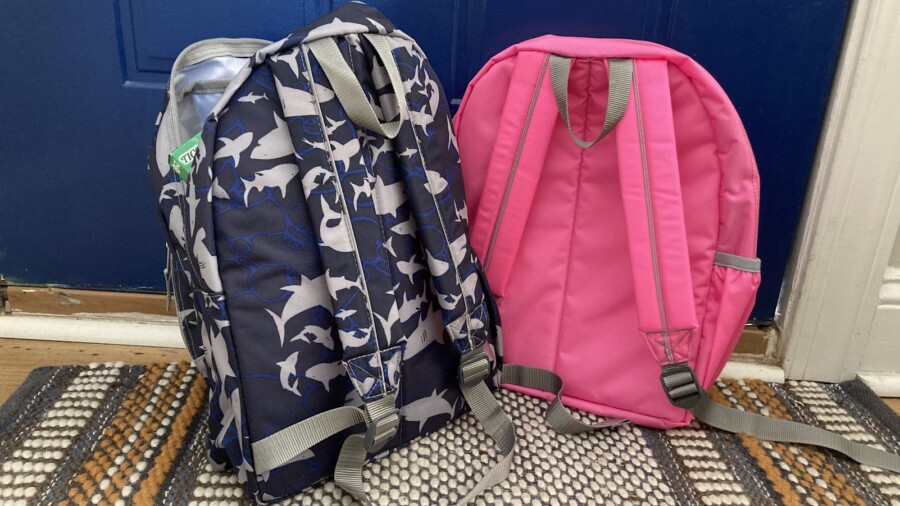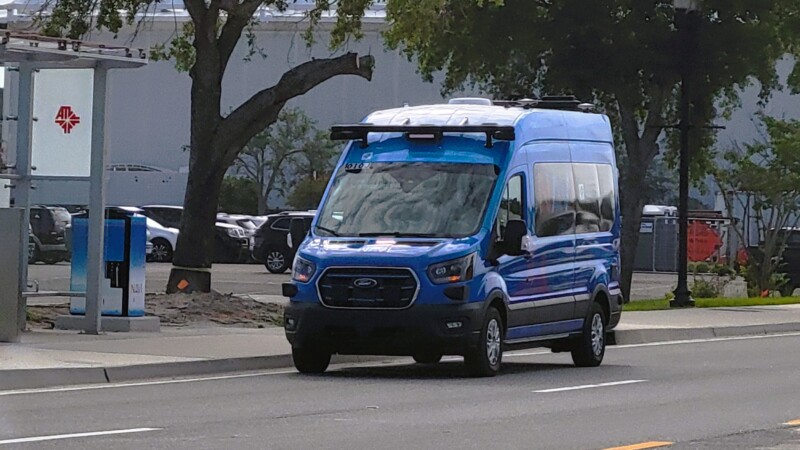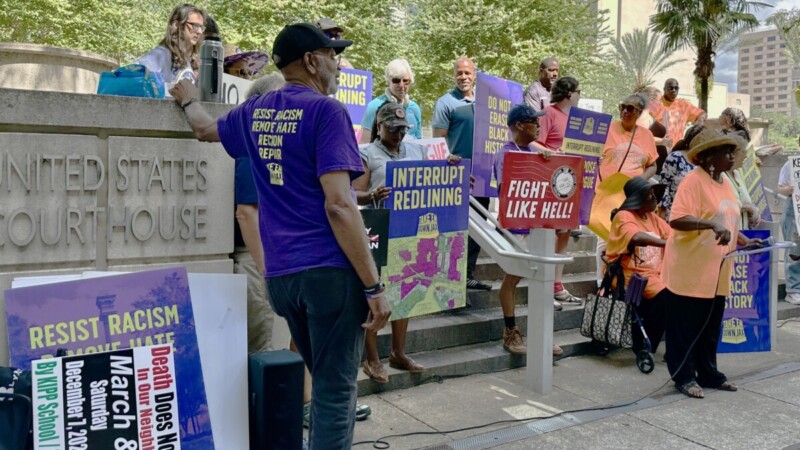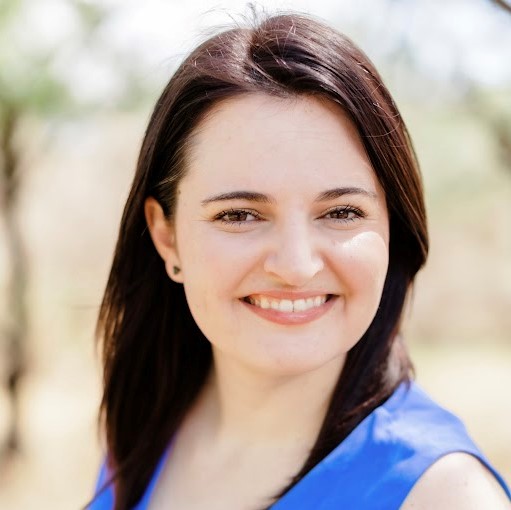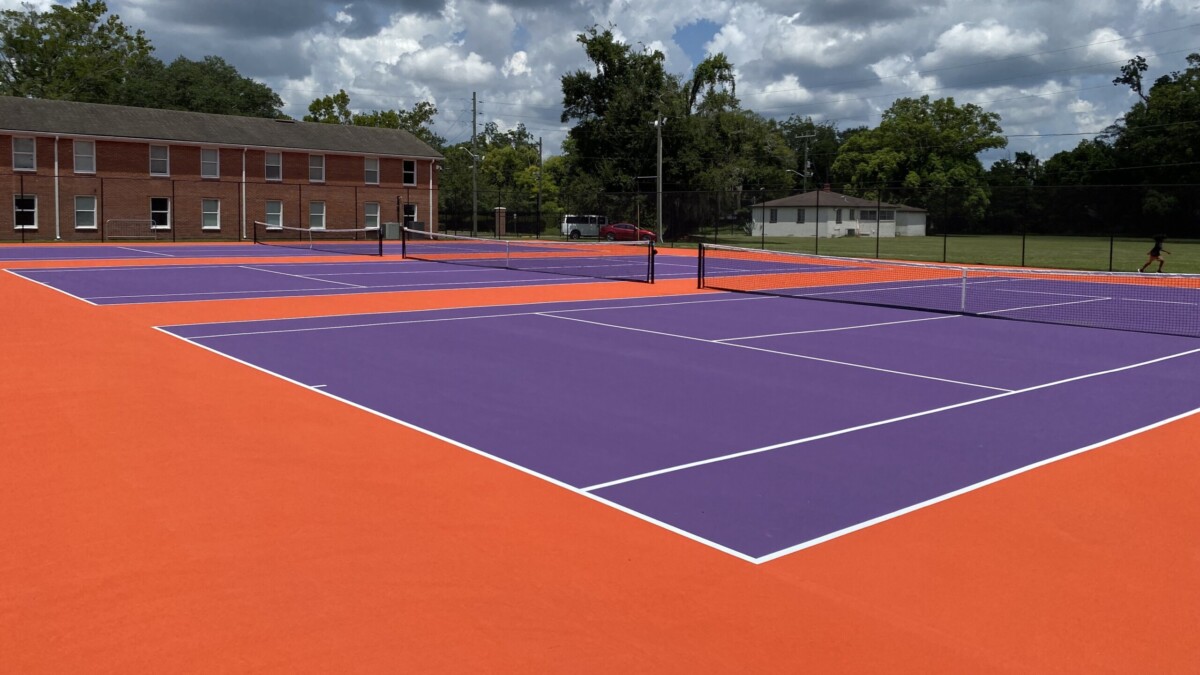As school starts this month, thousands of private school families will benefit from the state’s newly expanded school voucher program. Known as Florida Empowerment Scholarships and Florida Tax Credit Scholarships, the vouchers are newly available to all Florida K-12 students.
What’s new?
Florida’s school voucher program has existed since 1999, but this year, all students are now eligible for private school scholarships of about $7,700 (the exact amount varies by grade level and county). Any leftover money after paying tuition can go toward other education expenses, like private tutoring. Homeschooled students can also now access state money toward their education, but those scholarships are limited to 20,000 students this school year.
Florida also has a long-standing voucher program for private school students with disabilities, which is getting some extra funds to bring down waitlists, according to the state. A $750 transportation scholarship for students who go to a public school other than the one in their neighborhood, like a magnet or charter, will also remain in place.
Florida’s Department of Education uses the term “scholarship” for all of these options. Nationwide, most policy experts use the term “voucher” for public funds going toward private schools, so Jacksonville Today is using these two terms interchangeably in this guide.
Who is now eligible for a voucher?
All K-12 students who are Florida residents are now eligible for a private school voucher – called a Family Empowerment Scholarships – and there is no cap on the number of students who can get one.
Florida’s Department of Education and Gov. Ron DeSantis have emphasized that priority should be given to students whose “household income does not exceed 185% of the federal poverty level” or who are in foster care. But when Jacksonville Today asked scholarship distributor Step Up for Students how it implements this prioritization, Director Doug Tuthill said the provision is largely symbolic.
“I think it was a signal to the public that they still want to make sure that they’re taking care of these kids,” Tuthill said, “Even though, in fact, I think every child that qualifies will be funded.”
The only students who could be barred from a scholarship over too much income are homeschoolers — who are newly eligible for state scholarships to spend on approved education expenses. Homeschool scholarships are limited to 20,000 students during the upcoming school year.
How much money is it?
The newly expanded private school and homeschool scholarships average around $7,700 per student per school year, but the specific amount is determined by county. In Duval County, students in grades K-3 will get $8,001, in 4-8: $7,372, and in high school: $7,307. Step Up for Students provides the scholarship amount for each county here.
Scholarships for private school students with disabilities, called the Family Empowerment Scholarship for Students with Unique Abilities, vary by need and diagnosis.
According to Florida’s new law, private school scholarship recipients have to use the money on tuition first, and if there is any left over, it can be used for other education expenses including private tutoring, college classes, AP tests or one-off classes from local public schools or Florida Virtual School. Homeschool recipients can use the money for any of those costs.
About 125 private schools accept the scholarships in Duval county, according to the Florida Department of Education’s directory, but it doesn’t cover the full cost of tuition at many of them.
How do I apply?
The Florida Department of Education distributes the scholarships through two partner organizations: A.A.A. Scholarship Foundation and Step Up for Students, but the first stopped accepting applications earlier this summer.
Step Up for Students is still accepting applications through this portal, though it warns there are some delays due to high demand. The organization says it’s getting about 2,000 new applications a day.
Where can I use a private school voucher?
Not all private schools accept vouchers. Most do, but some of the most well-known private schools in Jacksonville don’t, like The Bolles School, for example. Of Duval County’s 183 private schools, about 68% of them accept the scholarships, according to the Florida Department of Education’s private school directory.
While private schools aren’t held to the same standards as public schools, they are required to comply with some requirements to get the vouchers. These include certifying that teachers have certain qualifications and following the federal government’s anti-discrimination law for institutions receiving public money (that includes race, ethnicity, national origin and gender, but does not protect against discrimination based on disability, religion, sexual orientation). Some schools don’t participate because they have to submit some financial, attendance and vaccine records to the state to get the vouchers.
If I already paid tuition, can I get the voucher as a refund?
According to Step Up for Students, as of mid-July, this was still under debate with the state’s Department of Education.
Tuthill says many private schools are accustomed to charging full tuition up front, and the state scholarships are distributed to schools over four quarters. He says schools have asked if families can still pay tuition up front, and then just get the full scholarship directly to their Education Savings Account as a refund.
But according to HB 1, the scholarships must go toward tuition first. “It’s one of those areas in the law that we were sort of thinking through,” Tuthill told Jacksonville Today in July. “Right now, we’re having dialogue with [Department of Education] staff.”
FLDOE did not respond to Jacksonville Today’s request for comment about whether it would let families pay the tuition themselves and essentially get reimbursed the amount of the scholarship over the course of the year.
Should I apply for a voucher?
The state of Florida is investing heavily — to the tune of $2 billion — into expanding eligibility for the scholarships, saying school choice allows parents to choose what’s best for their kids’ education. Duval County has about 125 private schools where parents can use the new vouchers and about 90 of those are religious schools, according to a Florida Department of Education directory.
Some critics of expanded vouchers dislike that private schools aren’t held to the same accountability standards as public schools, like the same standardized tests and some federal anti-discrimination protections. Private schools can choose from various annual assessment options.
Jacksonville’s Public Education Fund put together this list of questions and considerations for parents to ask before picking a school, including how student progress is measured and what kind of extracurriculars it provides.
Duval County Public Schools interim Superintendent Dana Kriznar is encouraging parents to contact the district’s school choice office before opting to leave public schools. “I think that most parents would be amazed at all the different offerings that we have in terms of career-technical ed, arts, medicine, STEM … and so we encourage them to call and find out what we have to offer before they make a different choice.” Duval Schools is losing an increasing share — today, about 16% — of its state-allocated education funding to private school vouchers, a number that will increase as more students apply for them.
Read more about the impact of vouchers on neighborhood public schools from Jacksonville Today.
UPDATE: This story was updated August 3 with additional information about anti-discrimination and testing requirements for private schools, and with data from the Florida Department of Education.


